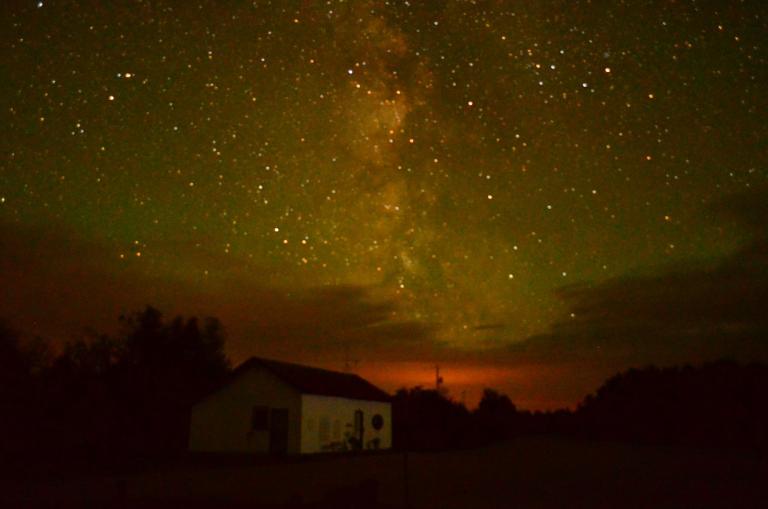
The first gulp from the glass of natural sciences will turn you into an atheist, but at the bottom of the glass God is waiting for you.
In the history of science, ever since the famous trial of Galileo, it has repeatedly been claimed that scientific truth cannot be reconciled with the religious interpretation of the world. Although I am now convinced that scientific truth is unassailable in its own field, I have never found it possible to dismiss the content of religious thinking as simply part of an outmoded phase in the consciousness of mankind, a part we shall have to give up from now on. Thus in the course of my life I have repeatedly been compelled to ponder on the relationship of these two regions of thought, for I have never been able to doubt the reality of that to which they point.
(Werner Heisenberg, 1932 Nobel laureate in physics)
The best data we have (concerning the Big Bang) are exactly what I would have predicted, had I nothing to go on but the five books of Moses, the Psalms, the Bible as a whole.
If there are a bunch of fruit trees, one can say that whoever created these fruit trees wanted some apples. In other words, by looking at the order in the world, we can infer purpose and from purpose we begin to get some knowledge of the Creator, the Planner of all this. This is, then, how I look at God. I look at God through the works of God’s hands and from those works imply intentions. From these intentions, I receive an impression of the Almighty.
(Arno Penzias, 1978 Nobel laureate in Physics)
I believe that a full understanding of this remarkable human capacity for scientific discovery ultimately requires the insight that our power in this respect is the gift of the universe’s Creator who, in that ancient and powerful phrase, has made humanity in the image of God (Genesis I: 26-27). Through the exercise of this gift, those working in fundamental physics are able to discern a world of deep and beautiful order–a universe shot thorough with signs of mind. I believe that it is indeed the Mind of that world’s Creator that is perceived in this way. Science is possible because the universe is a divine creation.
(John Polkinghorne, Fellow of the Royal Society; Knight Commander of the British Empire; formerly Professor of Mathematical Physics at the University of Cambridge and president of Queen’s College, Cambridge; after several years of theological study, also ordained an Anglican priest in 1982. From his book Quantum Physics and Theology: An Unexpected Kinship.)
Posted from Amman, Jordan










